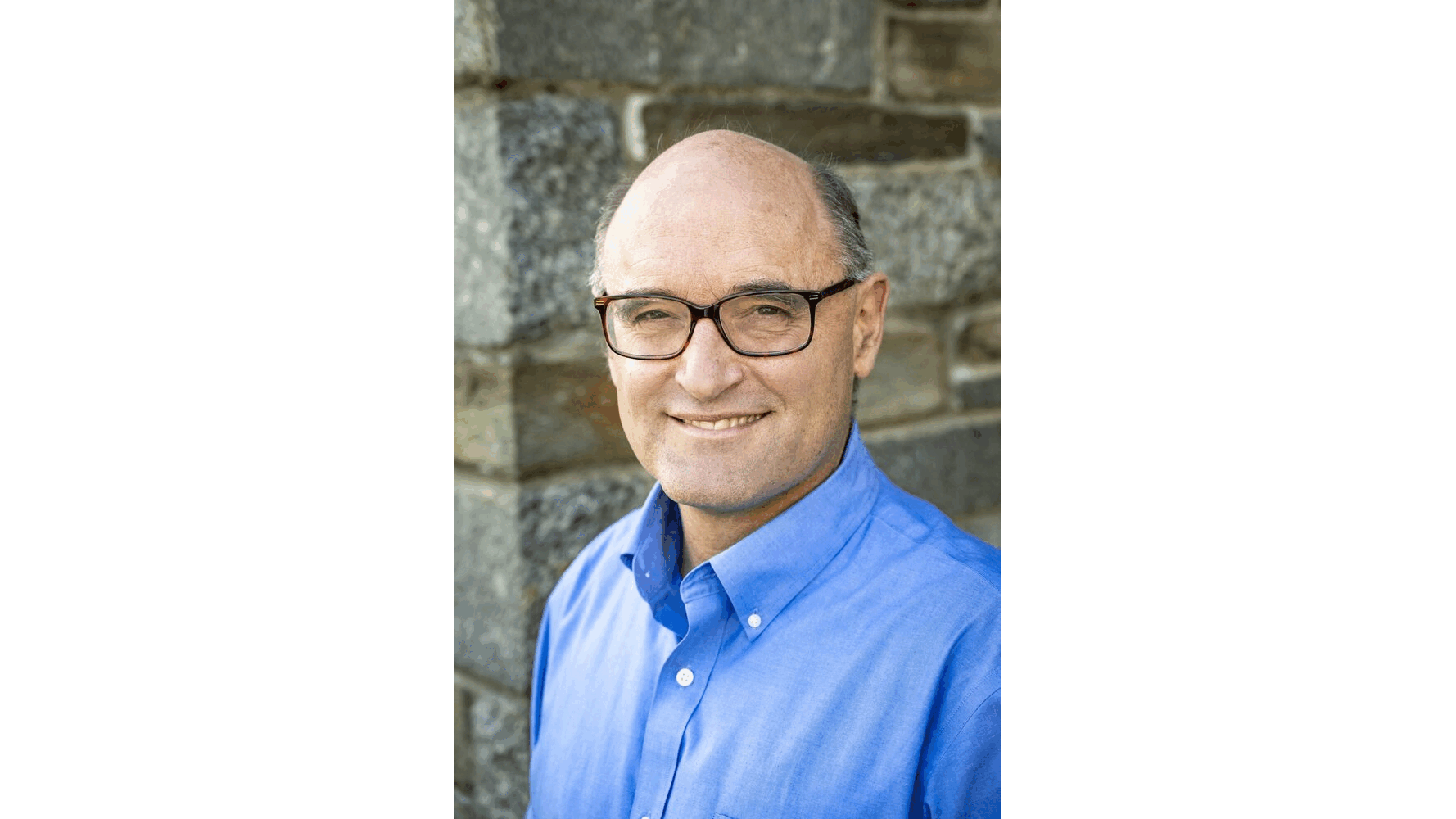Nevins is co-publisher of The Fulcrum and co-founder and board chairman of the Bridge Alliance Education Fund.
Rob Richie is senior advisor at FairVote, an organization he co-founded in 1992 and led as CEO from 1992 to 2023. He has helped advance major electoral reforms, including the Fair Representation Act in Congress, a national popular vote plan, ranked-choice voting in Alaska, Maine and more than 50 cities, and voter access changes like preregistration, automatic voter registration, and remedies in voting rights cases.
His thought leadership contributions include invention of the partisan voting index to project federal elections and Alaska’s top-four primary that combines all-candidate, open primaries with ranked-choice voting.
He is a frequent media source and has been a guest on NPR’s “All Things Considered,” “On the Media” and “Fresh Air,” C-SPAN’s “Washington Journal,” CNN, MSNBC, CNBC, Fox and NBC. His writings have appeared in numerous major daily newspapers and in 11 books, including as co-author of “Every Vote Equal” and “Whose Votes Count.” He has addressed conventions of the American Political Science Association, National Association of Counties, National Association of Secretaries of State and National Conference of State Legislatures. He is a graduate of Haverford College, where he serves on its Corporation. He and RepresentWomen CEO Cynthia Terrell are parents of Savanna, Lucas and Rebecca.
I had the wonderful opportunity to interview Richie a few weeks ago for the CityBiz “Meet the Change Leaders” series. Watch to learn the full extent of his democracy reform work:
- YouTubewww.youtube.com




















Trump & Hegseth gave Mark Kelly a huge 2028 gift